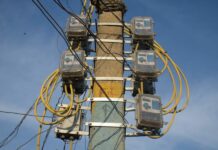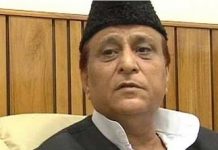Decoding the Digital Blackout
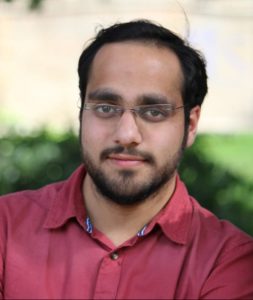
Authors: Nikher Jandyal, Nishu Sudan;
Edited by: Tufail Farooq

Technology has made the world a small place today and on the top, internet is one of that. It remains no more a luxury, rather has become an essential need since it is accessed by people of every age group throughout the world. But what if that essential service is repeatedly snatched? By the way of this article, we just want to bring the agony and hardship faced because of the absence of this service.
It's been almost 9 months since the students of Jammu & Kashmir have been facing hardship because the data service accessed here is limited by low speed. However, this is something which is not new for the people here keeping the logistics and the internal security in mind it seems justified. But the strange part about it is that its biggest digital lockdown for the Jammu province.
Backdrop: Being the most sensitive part of the country the smooth running of the connectivity has always remained a problem in Jammu & Kashmir. The valley still remains a hotbed and keeping national security in view the internet services there are kept on and off at regular intervals. But whats different this time is that restrictions were imposed after much praised decision of abrogation of Article 370 since 5th August. Before the 5th of August, the internet services were perfectly working in peaceful areas of Jammu Kashmir and restricted in some parts of the valley for the obvious reasons.
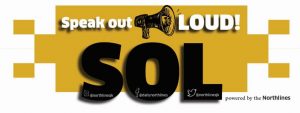
But the service was permanently snatched after 5th August and allowed only through Broadband and fibre. Since initially it was seen as precautionary step, no one raised voice against the administrative decision in goodwill but no one could have ever thought that such restrictions will continue for such a long period.
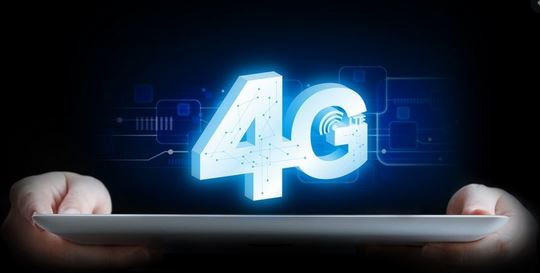
Intervention by the Supreme Court: Aggrieved by this, a petition (Anuradha Bhasin and Ors vs Union Of India) was moved in the Supreme court under Article 32 of the Constitution and while deciding the petition the Supreme Court observed that the restriction upon fundamental right enshrined in Article 19 i.e. Freedom Of Speech and Expression and the Freedom To Practice Any Profession Or Carry On Any Trade, Business Or Occupation should be in consonance with the mandate under Article 19 (1) and (6) of the Constitution, inclusive of the test of proportionality but on the same also observes that an order suspending internet services indefinitely is impermissible under the Temporary Suspension of Telecom Services (Public Emergency or Public Service) Rules, 2017 and the Suspension can be utilized for the temporary duration only and the suspension rules must adhere to the principle of proportionality and must not extend beyond necessary duration. The Apex Court also directed the UT administration to review all orders suspending internet services and revoked all the orders which were not in accordance with the law. This intervention had a significant effect and the internet services were restored in the UT with limited speed. Nevertheless, that development aroused the hope and expectations of full revival of the services but now it still is a faraway dream for the people here.

Another Set of Proceedings: Aggrieved from dilly-dally approach of the administration of J&K another wave of petitions was filed in the Supreme Court (Foundation for Media Professionals and Ors v Union Territory of Jammu And Kashmir ) for the restoration of 4G services in the UT.
The contentions of the petitioners were that the restriction was the sheer violation of the fundamental rights. It violates the several rights like right to health, as the inability of people and medical professionals to access accurate information, right to education as the inability of students to access information and attend online classes, right to occupation/profession and right to livelihood apart from this right to access information and videos by a journalist in real-time is a violation of Article 19(1)(a).
The petitioners also submitted that the plea of national security is also exaggerated and the fact of the matter is that the terrorist activities have not stopped though with the limited speed of the internet. Thus, the petitioners again registered their protest against the blanket ban on the 4G services which is against the law of the land.

Administrative Version: During the hearing, the parties were asked to file the affidavit in the Supreme Court and as usual the UT administration took the plea of the National security and submitted that the newly launched terrorist organization named The Resistance Front (TRF) has been flooding the social media with videos to extend terror threats, to incite the youth/general public and to underline the support from across the border. It was also submitted that the Pakistan Army also by various means misuses it for information warfare in Kashmir, taking the war into non-kinetic domains information/cyber and Electronic Warfare (EW). In the reply the administration also highlighted the details of the attacks and the encounters between the Pakistan sponsored terrorists and the Security Forces. On question raised by Association of Private Schools, the administration affirmed that e-learning apps are easily downloadable on 2G network and the video lectures can be browsed without any issue over 2G internet.
Similarly, all the education/e-learning websites of the government of India/J&K Government are accessible over 2G internet for downloading e-books of NCERT and JKBOSE, teaching videos have been uploaded on social networking system and J&K knowledge Network. The Government had also submitted in the SC that teaching facilities are being provided to students largely through “offline mode” and to a very limited extent through online mode. Video lecture series, whatsapp group chats, phone call, dissemination of e-content NCERT, tele-class CD's, pen drives etc are thus being utilized.
In addition to this it was also pleaded that the limited data speed had not affected the functioning of the media and not a blockage for medical professionals and other institutes fighting against the corona pandemic.
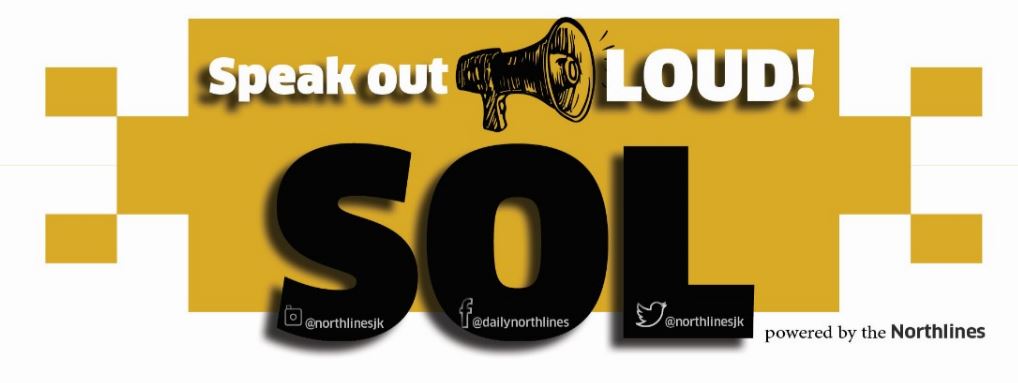
The Verdict and Policy Decision: After the months of a long battle, the apex court refused to restore 4G internet in Jammu & Kashmir and ordered administration to look into the ground security situation and then take a call. For the scrutiny, the SC ordered to form a committee of secretaries comprising of (A) The Secretary, Ministry of Home Affairs (Home Secretary), Government of India. (B). The Secretary, Department of Communications, Ministry of Communications, Government of India. (C). The Chief Secretary, Union Territory of Jammu and Kashmir.
The Supreme Court observed that the court has to ensure that national security and human rights are balanced and “said at the outset that it is called upon to address a very important but a sensitive issue on national security and human rights, wherein we have to ensure that national security and human rights can be reasonably and defensibly balanced, a responsibility, that this Court takes with the utmost seriousness”. On the other hand, it is also seen that the Indian Judiciary remained reluctant rather we say did not intend to interfere in the policy decision making of the executive. As SC while rejecting the contentions of the petitioners observed in the Delhi Science Forum v. Union of India AIR 1996 SC 1356, the national policies in respect of the economy, finance, communications, trade, telecommunications and others have to be decided by Parliament and the representatives of the people on the floor of Parliament can challenge and question any such policy adopted by the ruling Government. The verdict somehow clearly reflected that the judiciary is not intended to interfere with the policy decisions related to the national security of the country.
The Way Forward: The issue remains a debatable one but instead of involving ourselves in what is right and what is wrong we must not forget the reality of the region. Unfortunately, we are facing the proxy war from our rouge neighbor since last 30 years and because of its misadventure we are losing more. It is the fact that Kashmir has the most penetration of smart phones in the region because people here are well off and as a result radicalization takes root here.
According to the security agencies 60,000 fake Face book ids and 10,000 Twitter accounts have been created which is backed by ISPR to spread the venom, misinformation, toxic indoctrination and radicalization among the youths. To counter such propaganda one has to keep check on this and the steps taken in this direction need to be welcome.
But a coin always has two sides and in respect to J&K, it is seen that National Security has been a boogie that has been harnessed many times to chip away the basic civil liberties. Being a citizen it always remains a concern for me that how long we keep on bowing before this threat, it raises a fundamental question that despite of spending 2% of our GDP on the defence we are not able to neutralize the threats like these. It exposes the lacunas within the system. Nevertheless, one can hope that the better sense prevails and after scrutinizing the situation here blanket ban will be removed and peaceful areas of the region would again enjoy the 4G services of the internet.
The writers are lawyers from Udhampur and Jammu Districts.


